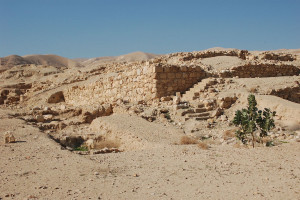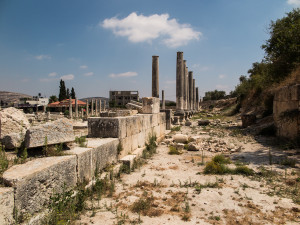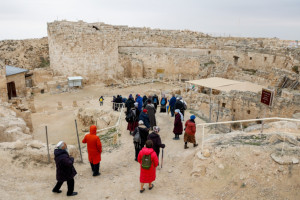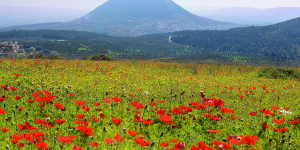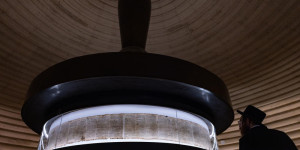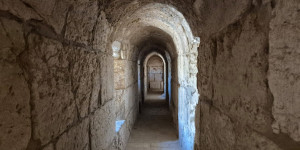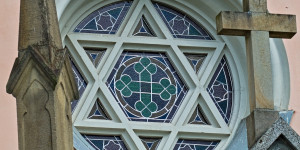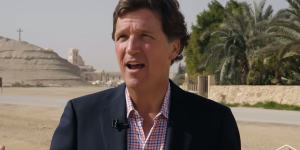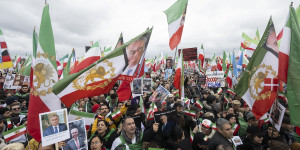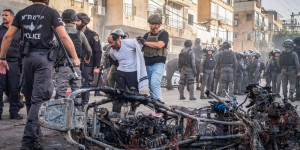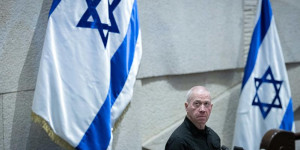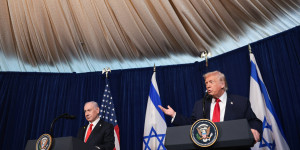Israel resumes archaeological excavations at Samaria National Park – capital of ancient Kingdom of Israel
The biblical site has been contested by Israel and Palestinians for decades
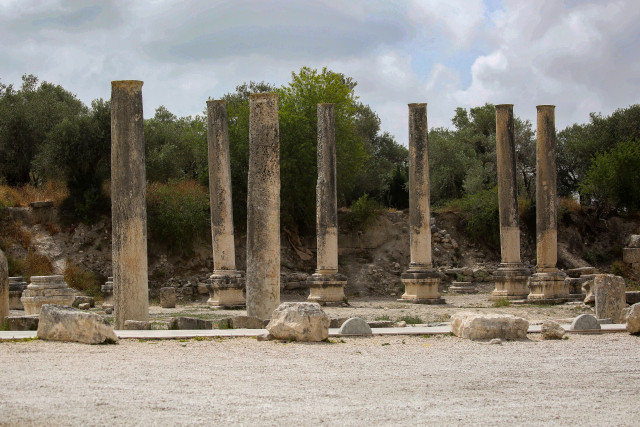
Israel’s Ministry of Heritage resumed archaeological excavations at the ancient site of Sebastia, near Nablus, in northern Samaria last week. The move follows a nearly two-year delay since the government’s May 2023 decision to allocate NIS 32 million (approximately $9 million) for restoration and development at the archaeological site.
The site, located in Area C of Judea and Samaria [areas designated as under Israeli control in the Oslo Accords], has been contested by both Israelis and Palestinians for years.
In 2012, the Palestinian Authority (PA) submitted an application to UNESCO to include the site on a list of Palestinian heritage sites.
Although the site was first excavated in 1908 by a team of Harvard archaeologists, work has been sporadic ever since. However, there has been almost no archaeological activity there since the area came under Jordanian rule in the 1960s.
Several incidents of vandalism at the site have been committed by both Palestinian and Jewish activists over the years, usually involving graffiti. However, in 2023, Israeli settlers accused the PA of causing damage to the site after heavy equipment was used to construct a road through part of Sebastia.
One year earlier, in 2022, Arab rioters set fires and vandalized parts of Samaria National Park, including Sebastia.
“The Palestinian Authority is working systematically to destroy the archaeological remains that testify to the deep and historical connection of the people of Israel to their country,” said Heritage Minister Amichai Eliyahu and Environmental Protection Minister Idit Silman, following a tour of the site at that time.
Israel plans to revitalize the site, including the construction of a visitor center and a new access road to Samaria National Park. The improvements are intended to boost tourism to Sebastia and Samaria while reinforcing the Jewish connection to the historic area.
Archaeological excavations will be conducted by the Ministry of Heritage since the government-run Israel Antiquities Authority (IAA) does not conduct digs beyond the Green Line.
The Knesset has debated granting the IAA the authority to conduct excavations in Judea and Samaria (West Bank), including in 2024.
Silman said, “Today, finally, a historic justice is taking place.”
Yossi Dagan, head of the Samaria Regional Council, said, “There is no other nation that is more connected to its homeland than the People of Israel to the Land of Israel."
Dagan has long championed the move to assert Israeli authority over Samaria National Park.
“When you dig here, you touch the Bible with your own hands.”
Israeli Tourism Minister Haim Katz emphasized, “The policy of my office is to cultivate the history of the Jewish people, which is rooted in Judea and Samaria, and to realize the tourist potential in the Land of the Bible.”
Sebastia is the name given to the biblical city of Samaria by Herod the Great. Samaria was the capital of the northern kingdom of Israel during the 9th and 8th centuries B.C. However, wanting to show allegiance to Roman Emperor Augustus, Herod renamed the city Sebastia, from the Greek translation of Augustus.

The All Israel News Staff is a team of journalists in Israel.
You might also like to read this:


